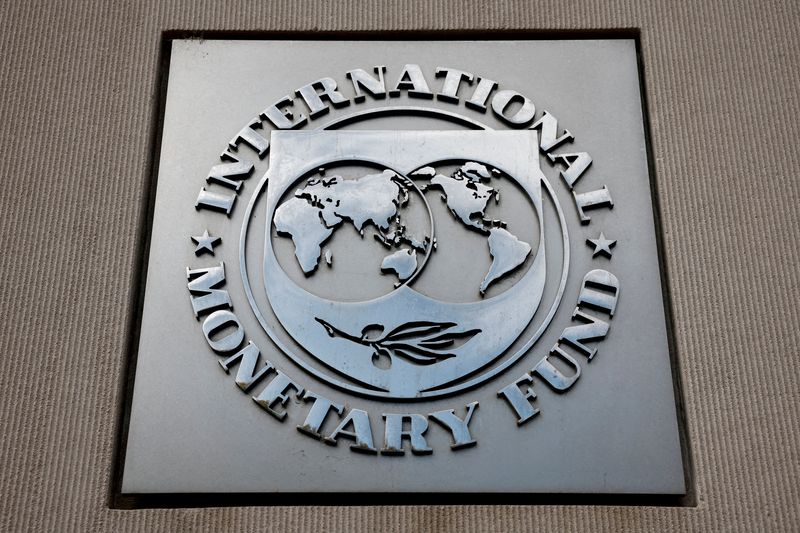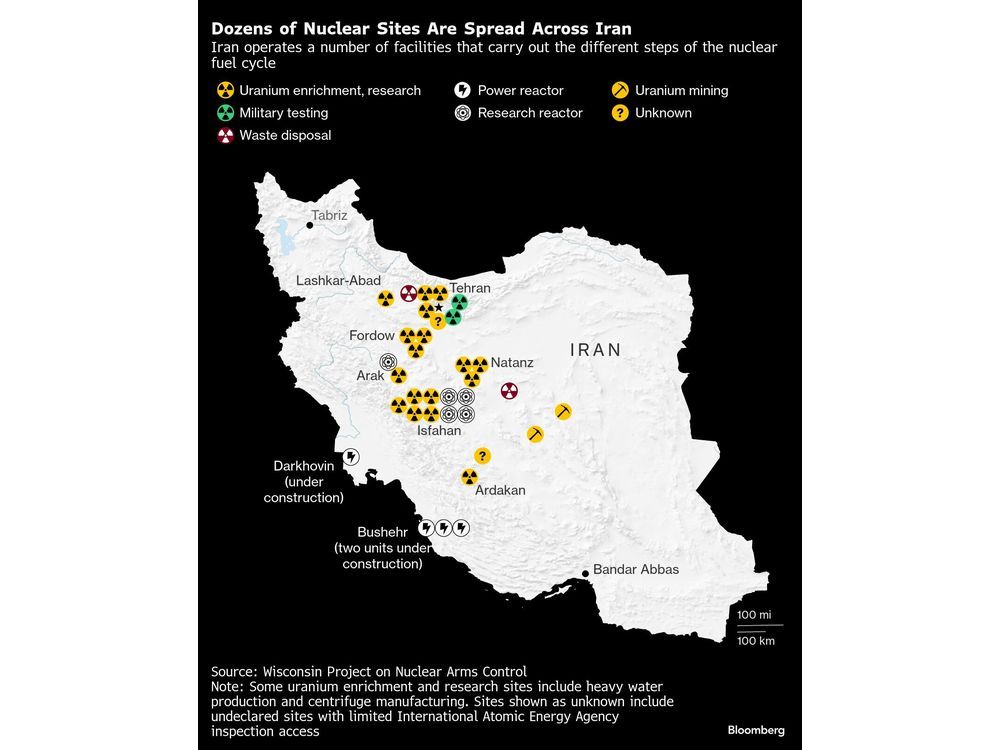A market is a place for buyers and sellers to come together and connect. Financial markets are similar as they bring market participants together for financial transactions. These usually include financial assets, such as stocks, bonds, commodities, currencies, derivatives, etc. Their objective is to regulate prices for trading, increase capital and transfer risk and liquidity.
There are two prominent types of financial markets. These are the money market and the capital market, both of which have specific purposes and regulations. Therefore, it is crucial to understand the difference between them.
What is a Money Market?
A money market is a financial market where buyers and sellers trade in short-term debt investments. It involves a large volume of trades between institutions and traders, usually at a wholesale level. Similarly, smaller money markets include money market mutual funds bought by individual investors. Likewise, they may also consist of money market accounts available to bank customers.
Money markets have various characteristics. Among these, the most prominent is a high degree of safety and relatively low returns. However, they play a crucial role in the global financial system. Institutions, including banks, participate in a money market and lend money to other entities. Similarly, individuals can also participate in the market.
What is a Capital Market?
A capital market is a financial market where transfers of capital between investors happen. Usually, investors dispose of funds to individuals and businesses that need them for projects. Two types of instruments are most common in capital markets, equity securities, and debt securities. Apart from these, capital markets may also include currencies, commodities, or derivatives.
There are two types of capital markets, primary and secondary. Primary capital markets involve the issuance and sale of new securities. In contrast, secondary capital markets involve the issuance and sale of already-issued securities. Stock markets, bond markets, and currency and foreign exchange markets are all examples of capital markets.
What are the differences between Money and Capital Markets?
There are several differentiating features between money and capital markets. Among those, the most prominent are as below.
Definition
A money market is a financial market where borrowing and lending take place for a short period. A capital market is a financial market where borrowing and lending take place for a long period.
Instruments involved
A money market usually involves promissory notes, bills of exchange, call money, commercial paper, etc. A capital market involves deals in equity and debt instruments along with derivatives and other instruments.
Institutions involved
The money market consists of financial institutions, including financial, commercial, and central banks. On the other hand, capital markets involve brokers, mutual funds, investors, banks, stock exchanges, and many more.
Liquidity
Money markets and investments within them are more liquid. For investors looking for investment liquidity, money markets are the best option. Capital markets, while still liquid, are relatively less so.
Risks
Due to their high liquidity and short period, money markets offer less risky investments. In contrast, the risks involved in capital markets are comparatively higher.
Returns
Money markets, due to their stability, offer lower returns to investors. In contrast, capital markets provide higher returns due to the higher risks involved.
Conclusion
Money and capital markets are two prominent types of financial markets. Both are viable options for investors. Money markets are for short-term debt investments but have larger volumes of trades. Capital markets are for long-term investments, including stocks, debt, commodities, and other instruments.
Further questions
What's your question? Ask it in the discussion forum
Have an answer to the questions below? Post it here or in the forum



